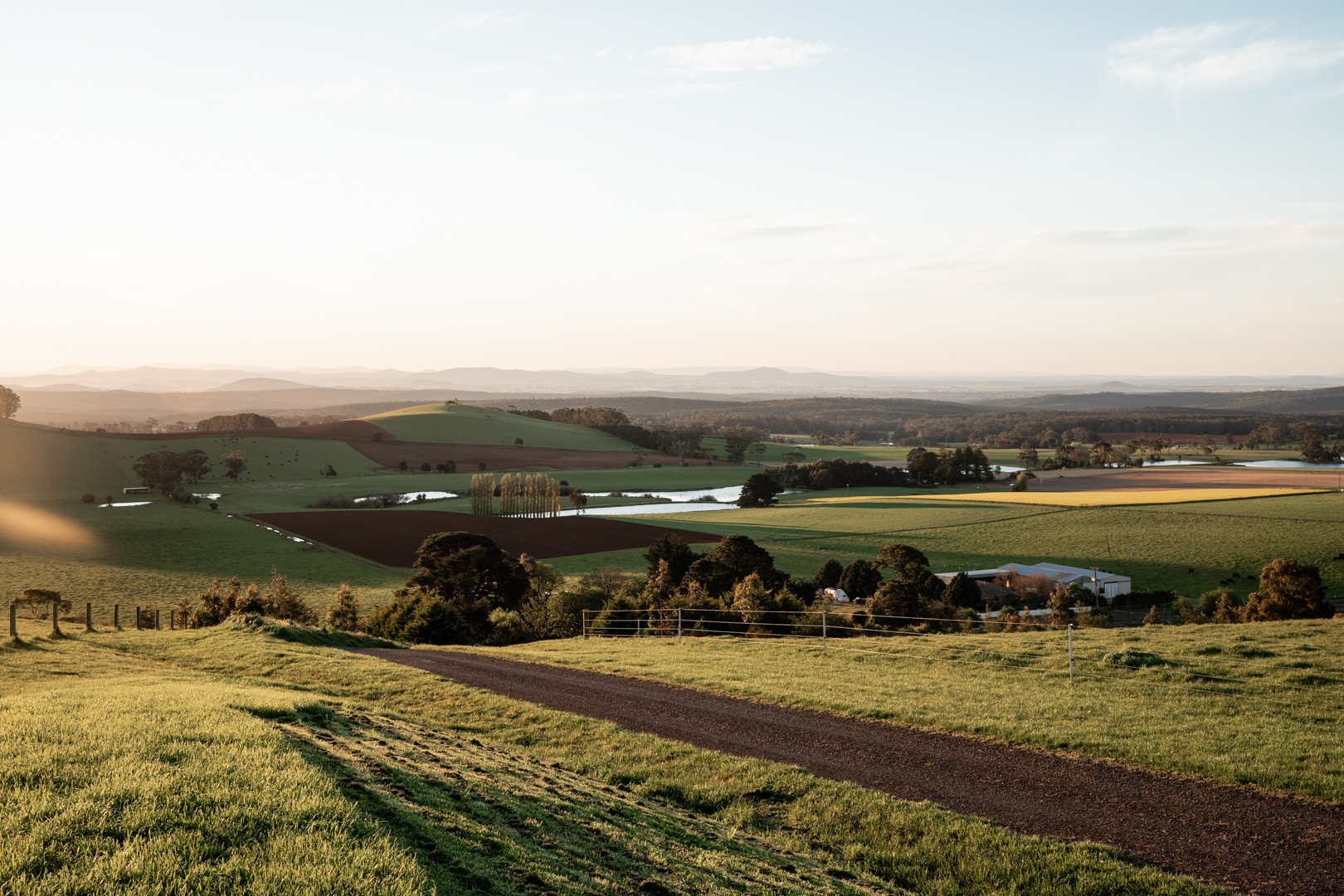1. Farm Inputs
Anything entering your property pose a risk of bringing diseases, pests or weeds. This will include livestock movement, feed deliveries, vet visits, etc.
Animals
You must request a National Vendor Declaration (NVD) or movement document when you:
- Receive an animal from a sale yard or scale
- Receive an animal from a property with a different Property Identification Code (PIC)
The NVD or movement document tells the receiver the food safety and treatment status of every animal. It tracks the animals’ vaccination status and in case the animal has a disease, you can use it to track down where the disease may have originated from.
*False or misleading answers on movement documents can lead to prosecution and civil action by the buyer.
You must keep movement documents for purchased livestock for seven years for cattle, sheep and goats to allow the tracking of animals if the need arises.
Sellers must also keep a copy of the movement document that they supply for seven years.
Once you receive the animal(s), inspect their health and keep them separated from your other animals for at least 21 days. This allows signs of disease to develop and stock to empty out. You can also request an Animal Health Declaration (AHD), which declares the livestock disease status and helps you assess the risk of introducing diseases or pests.
Stock Feed
When purchasing stock feed, make sure it doesn’t contain any animal or foreign material.
Waterways and Drainage
Check which of your waterways and drainage that might carry contaminants, faecal matter or chemicals onto your property. Fence these areas off to keep your livestock from accessing them.
Further Resources
- Agriculture Victoria
- LPA
For further information, please contact the VFF Stock Sense team on 1300 882 833 or by email stocksense@vff.org.au

